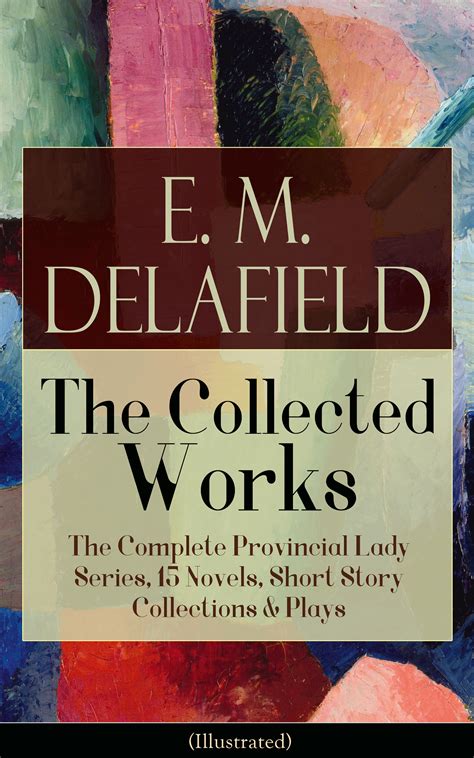A Quote by Gabriel Garcia Marquez
She was lost in her longing to understand.
Quote Topics
Related Quotes
One thing I did have under my belt was, my mother lost her mother when she was 11. She mourned her mother her whole life and made my grandmother seem present even though I never met her. I couldn't imagine how my mom could go on but she did, she took care of us, she worked two jobs and had four children. She was such a good example of how to conduct oneself in a time of grief. When I lost my husband, I tried to model myself as much as I could on her.
She thought of the hardness and the coldness she had cultivated over those years and wondered if they were the mask she wore or if the mask had become her self. If the longing inside her for kindness, for warmth, for compassion, was the last seed of hope for her, she didn't know how to nurture it or if it could live.
As Anna Freud remarked, the toddler who wanders off into some other aisle, feels lost, and screams anxiously for his mother neversays "I got lost," but accusingly says "You lost me!" It is a rare mother who agrees that she lost him! she expects her child to stay with her; in her experience it is the child who has lost track of the mother, while in the child's experience it is the mother who has lost track of him. Each view is entirely correct from the perspective of the individual who holds it .
Her future, she thought, was likely to be worse than her past, for after her years of contented renunciation, she had slipped back into desire and longing; she found joyless days of distasteful occupation harder and harder; she found the image of the intense and varied life she yearned for, and despaired of, becoming more and more importunate.
Sophie has a gift," she said. "She has the Sight. She can see what others do not. In her old life she often wondered if she was mad. Now she knows that she is not mad but special. There, she was only a parlor maid, who would likely have lost her position once her looks had faded. Now she is a valued member of our household, a gifted girl with much to contribute.
In fact her maturity and blood kinship converted her passion to fever, so it was more affliction than affection. It literally knocked her down at night, and raised her up in the morning, for when she dragged herself off to bed, having spent another day without his presence, her heart beat like a gloved fist against her ribs. And in the morning, long before she was fully awake, she felt a longing so bitter and tight it yanked her out of a sleep swept clean of dreams.
Go back' Taran shouted at the top of his voice.'Have you lost your wits?' Eilonwy, for it was she, half-halted. She had tucked her plaited hair under a leather helmet. The Princess of Llyr smiled cheerfully at him. 'I understand you're upset,' she shouted back, 'but that's no cause to be rude.' She galloped on. For a time, Taran could not believe he had really seen her.
Her thoughts ran away to her girlhood with its passionate longing for adventure and she remembered the arms of men that had held her when adventure was a possible thing for her. Particularly she remembered one who had for a time been her lover and who in the moment of his passion had cried out to her more than a hundred times, saying the same words madly over and over: "You dear! You dear! You lovely dear!" The words, she thought, expressed something she would have liked to have achieved in life.
She had lost herself somewhere along the frontier between her inventions, her stories, her fantasies and her true self. The boundaries had become effaced, the tracks lost, she had walked into pure chaos, and not a chaos which carried her like the galloping of romantic riders in operas and legends, but which suddenly revealed the stage props: a papier-mâché horse.
Granana doesn't understand what the big deal is. She didn't cry at Olivia's funeral, and I doubt she even remembers Olivia's name. Granana lost, like, ninety-two million kids in childbirth. All of her brothers died in the war. She survived the Depression by stealing radish bulbs from her neighbors' garden, and fishing the elms for pigeons. Dad likes to remind us of this in a grave voice, as if it explained her jaundiced pitilessness: "Boys. Your grandmother ate pigeons."
I think about how truly interesting and odd it is that when a woman marries, traditionally she loses her name, becoming absorbed by the husband's family name - she is in effect lost, evaporated from all records under her maiden name. I finally understand the anger behind feminism - the idea that as a woman you are property to be conveyed between your father and your husband, but never an individual who exists independently. And on the flip side, it is also one of the few ways one can legitimately get lost - no one questions it.





































